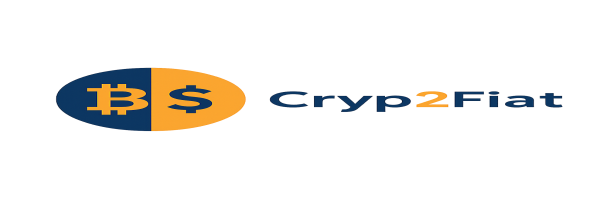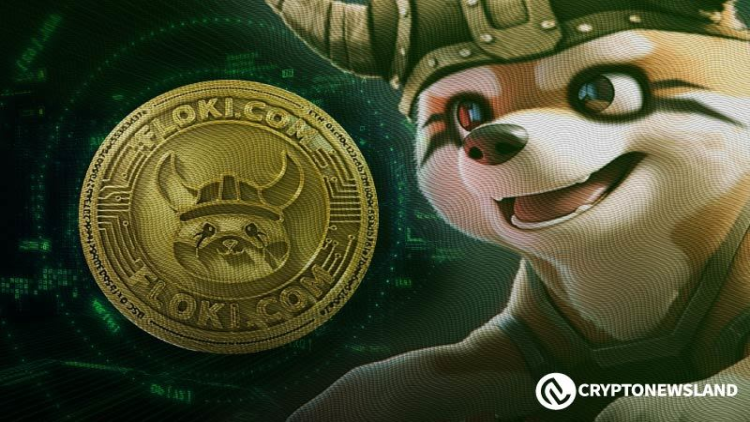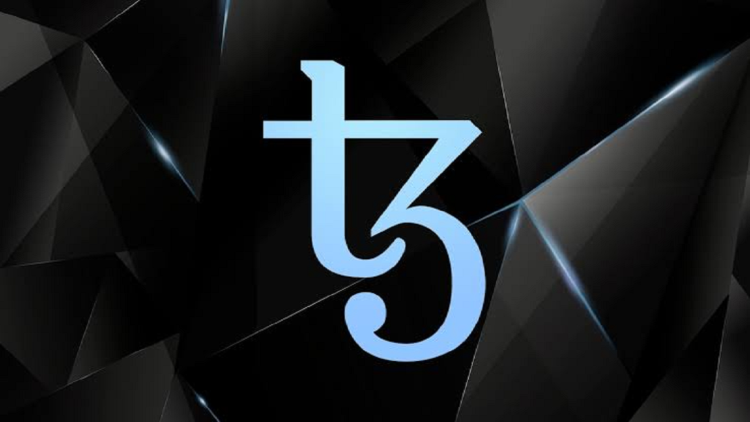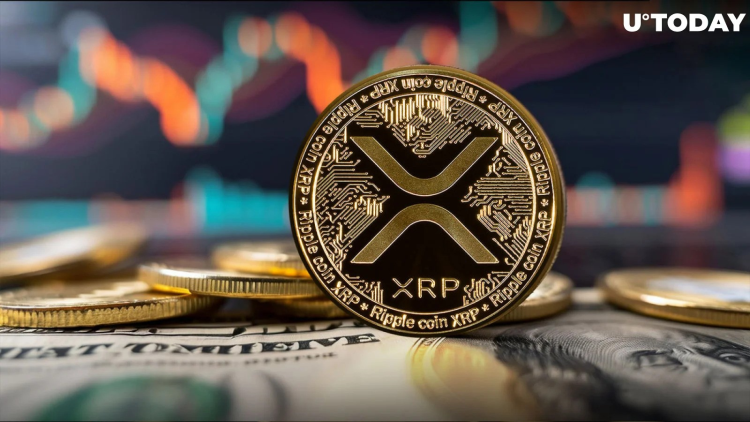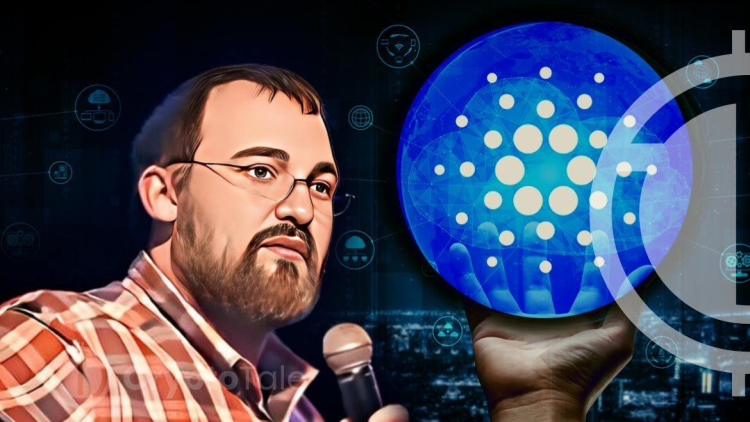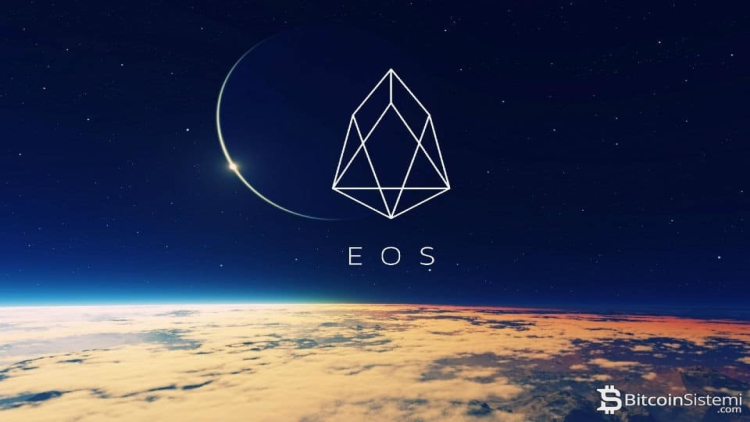What Is EOS?
The EOS Network is an open-source blockchain platform that prioritizes high performance, flexibility, security, and developer experience. As a third-generation blockchain platform powered by the EOS virtual machine, EOS has an extensible WebAssembly engine for deterministic execution of near fee-less transactions. EOS is the market's most scalable, divisible, and programmable digital currency. EOS is a Delegated Proof of Stake (DPoS) network where stakeholders have the authority to select node operators. Due to the decentralized nature of the token distribution on EOS, power doesn't reside in the hands of block miners, but rather all parties involved in the EOS Network. The EOS Network is attractive because of its technology and community. It allows developers to build projects that other blockchains cannot support. The network is straightforward and has multiple tools and educational resources to help users acclimate to the blockchain.
Who Are the Founders of EOS?
The EOSIO software, which the EOS Network was built upon, was developed by the company Block.one and architected by Daniel Larimer. In June 2018, the EOS blockchain was launched by a decentralized group of block producers (BPs) who bootstrapped the network based on a token distribution snapshot from Block.one's ICO. On August 25, 2021 consensus was reached by EOS block producers to fund the EOS Network Foundation (ENF), which was launched by Yves La Rose. The EOS Network Foundation is a not-for-profit organization that coordinates financial and non-financial support to encourage the growth and development of the EOS Network. The ENF is the hub of the EOS Network, harnessing the power of decentralization as a force for positive global change to chart a coordinated future for EOS.
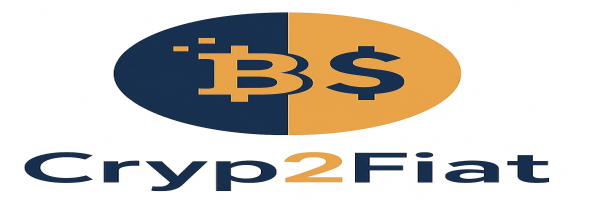
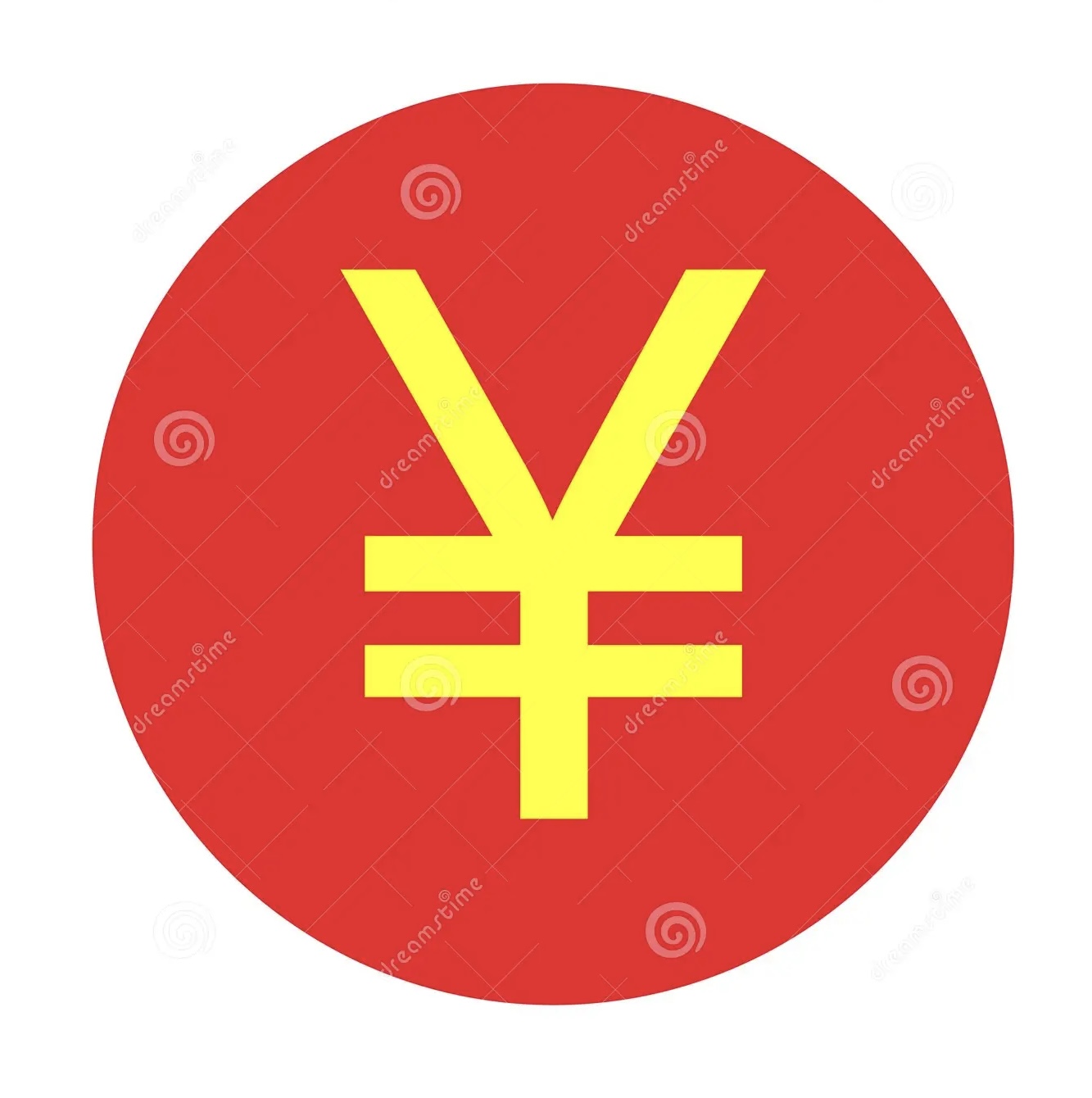 Chinese Yuan
Chinese Yuan
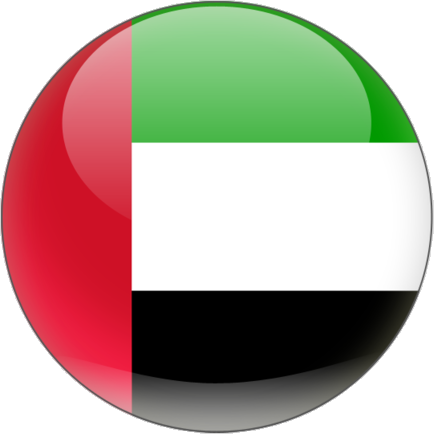 Emirates Dirham
Emirates Dirham
 American Dollar
American Dollar
 Swiss Franc
Swiss Franc
